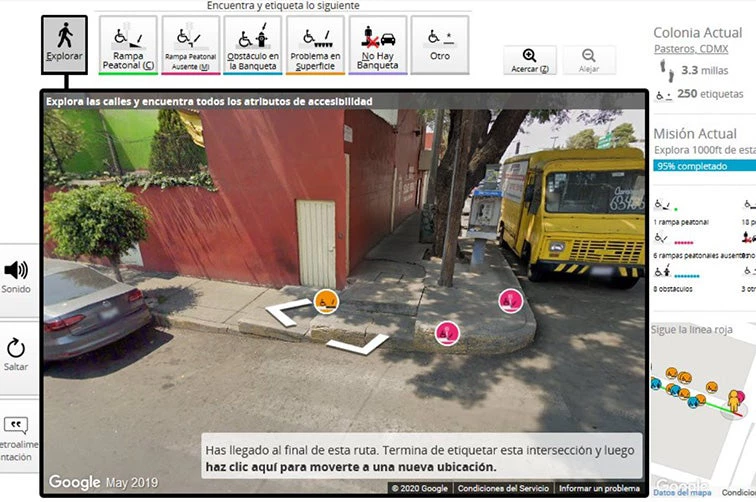
Often pitched as the solution to the most complex of development problems, it would be fair to say that multi-stakeholder solutions sometimes struggle to live up to the expectations they engender.
At a recent conference in Wilton Park, we discussed in depth the challenges that are inherent in trying to bring a diverse set of stakeholders together for the pursuit of singular objectives. Wilton reminded me afresh that there are a number of mistaken assumptions that I’d thoughtlessly begun operating according to in the Zambian MSI environment. Just to mention a few:
- Assuming unity of incentives in our MSIs: Although we initially recognised a diversity of complicated and non-aligned incentives amongst the various stakeholders, we soon stopped managing for that diversity in the day-to -day running of our MSI.
- Assuming a power-free zone: Although we inherently know that much of the reason for embarking upon an MSI was due to an absence of constructive, collaborative and inclusive dialogue, we soon begin implementing meetings and managing engagements as though this was nevertheless an equal and cooperative playing field.
- Assuming technical solutions: Despite the fact that the very reason we began an MSI was because we had a complex, dynamic problem to which we did not know the solution, we soon start operating as though there is a clear technical fix. We shun chaos, impose hierarchy and leave little space for meaningful brainstorming and creation.
Flashback to my uninspiring Zambian conference room.
The fact is that there is no one in that room who is actively playing the role of neutral facilitator. There is no one in that room who is keenly taking account of power dynamics and conflicts, or attempting to integrate the various diverse perspectives and build effective participation skills. Rather, we’re each there for our own objectives (career advancement, symbolic engagement, narrow private interest, legal requirement, you name it!) and none of us has both the skills and inclination to assume neutrality and pull such diversity together in a creative problem-solving process. So we take the easy route. We revert to technical solutions. The most powerful dominate. Conflict persists unabated. And eventually, disillusionment takes over.
Back at Wilton, one of our facilitators took us through an exercise geared towards “removing status” and “inviting play”. The actual exercise (which involved bunny impressions, I kid you not), although initially discomfiting, succeeded in forcing participants to drop their guard and engage with the others in the room on a frank, open and equal basis. Hierarchy was effectively removed. That’s just the beginning of course. Once status is removed, the facilitator now needs to expertly bring the group into a space where they feel able and willing to listen, to create and to innovate together.
It should be apparent that what I’m not talking about is classic “workshop facilitation”. That has its place of course, but this dynamic, creative management of diverse stakeholders takes a sophisticated understanding of human behaviour and a particular set of specialised skills. Unfortunately, the reality of my Zambian meeting is that we’re equipped with little more than some colourful sticky notes and flipcharts.
So solving the facilitation problem isn’t going to be easy. My renewed appreciation of its importance comes with a number of questions:
- To what extent can this expertise in facilitation be learned and how?
- Who can play the role of neutral facilitator?
- How can facilitation address deeply imbedded power imbalances?
- How can facilitation ensure the right stakeholder mix is maintained, bringing in new actors as others leave?


Join the Conversation